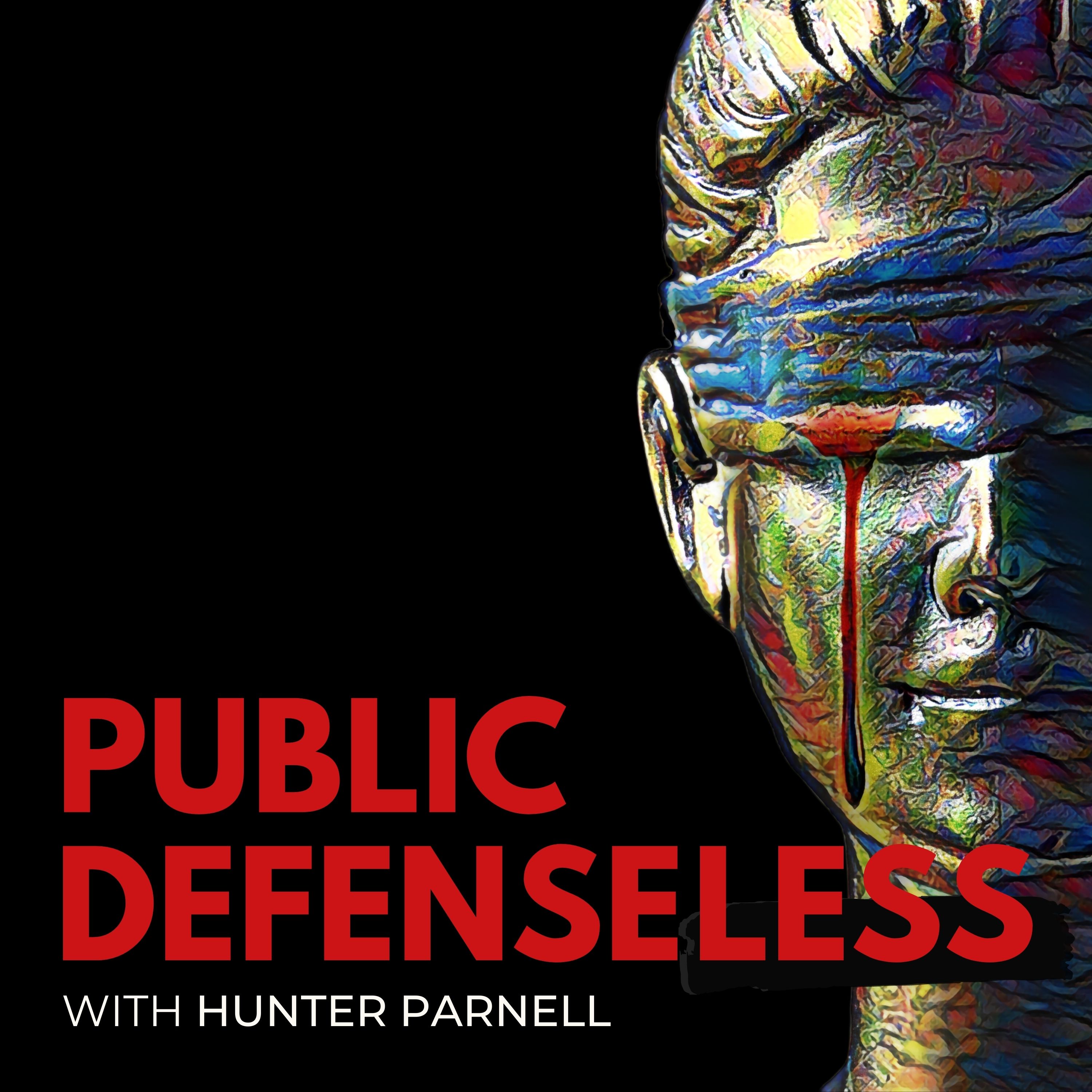- Government
- SEE MORE
- classical
- general
- talk
- News
- Family
- Bürgerfunk
- pop
- Islam
- soul
- jazz
- Comedy
- humor
- wissenschaft
- opera
- baroque
- gesellschaft
- theater
- Local
- alternative
- electro
- rock
- rap
- lifestyle
- Music
- como
- RNE
- ballads
- greek
- Buddhism
- deportes
- christian
- Technology
- piano
- djs
- Dance
- dutch
- flamenco
- social
- hope
- christian rock
- academia
- afrique
- Business
- musique
- ελληνική-μουσική
- religion
- World radio
- Zarzuela
- travel
- World
- NFL
- media
- Art
- public
- Sports
- Gospel
- st.
- baptist
- Leisure
- Kids & Family
- musical
- club
- Culture
- Health & Fitness
- True Crime
- Fiction
- children
- Society & Culture
- TV & Film
- gold
- kunst
- música
- gay
- Natural
- a
- francais
- bach
- economics
- kultur
- evangelical
- tech
- Opinion
- gaming
- College
- technik
- History
- Jesus
- Health
- movies
- radio
- services
- Church
- podcast
- Education
- international
- Transportation
- Other
- kids
- podcasts
- philadelphia
- Noticias
- love
- sport
- Salud
- film
- and
- 4chan
- Disco
- Stories
- fashion
- Arts
- interviews
- hardstyle
- entertainment
- humour
- medieval
- literature
- alma
- Cultura
- video
- TV
- Science
- en
16: Can Assigned Counsel Public Defense System Work? w/Tim Rensch & Bob Pesall

16: South Dakota Public Defense w/ Tim Rensch & Bob Pesall
\xa0
South Dakota is like many states around the country in that there are some public defender offices in the \u201ccities,\u201d but the rest of the state is served through an assigned council system.
\xa0
Today, I talk to two incredibly experienced and knowledgeable assigned councils in the state: Tim Rensch and Bob Pesall.
\xa0
Each shares a different perspective on public defense in South Dakota, Tim being in an urban area and Bob being in a rural one.\xa0
\xa0
With few outside evaluations of public defense in the state, we go through the nuances and strengths of the system in South Dakota.
\xa0
Tim and Bob are two extraordinary examples of assigned councils that go above and beyond for their clients and truly care about the quality of the system.\xa0
\xa0
Key Topics and Takeaways:
\xa0
- How Tim and Bob got into public defense & their roles. [5:49]
- The number of assigned councils in the state. [12:54]
- The Catastrophic Legal Expense Relief Program. [17:43]
- The importance of expert witnesses. [22:02]
- The struggles of those who suffer from addiction and mental illness in the system. [28:54]
- How the debt of cycle perpetuates criminality. [47:02]
- The future direction of public defense in South Dakota. [50:18]
\xa0
Guests:
Tim Rensch, President Rensch Law Corporation, South Dakota Assigned Counsel,\xa0
Bob Pesall, Assigned Counsel, Flanders South Dakota
Resources:
\xa0
\xa0
\xa0
Memorable Quotes:
\xa0
\u201cI've never called myself a public defender. I always have said I'm a court-appointed lawyer and I've always had great admiration for the public defenders who work the ins and outs of the court system every day.\u201d (7:21, Tim)
\xa0
\u201cIt can be a little tricky when you try and weigh the cost-benefit of getting lawyers on board versus the actual seriousness of the case.\u201d (17:11, Bob)
\xa0
\u201cSo the judges really, truly want to get people what they need. They just don't want to be burning money on experts that are useless.\u201d (25:44, Bob)
\xa0
\u201cI think meth is a horrible drug. It's the only drug for which you've never heard anybody advocate socially about any useful benefit whatsoever. And it's a shame what happens.\u201d (34:25, Tim)
\xa0
\u201cI think people are indigent. That means that they don't have the money to hire a lawyer. And to me, it does seem unfair to take somebody who is defined as indigent and then force them to pay these attorney's fees. No matter the outcome.\u201d (39:47, Tim)
\xa0
\u201cI think that there are good experiences and bad experiences. The experiences that I've had, and that I'm aware of are mostly good. People want defendants to be represented. They want them to be represented by good lawyers. They don't want to have to redo things three times. And generally, the thought is, is that the system wants to be fair and be good to people.\u201d (51:14, Tim)
\xa0
Contact Hunter Parnell:
\xa0
hwparnell@publicdefenseless.com